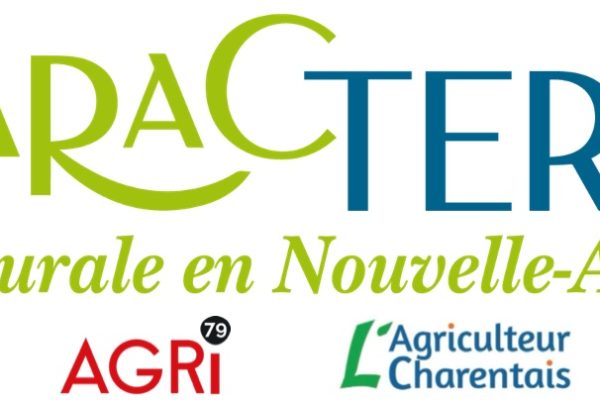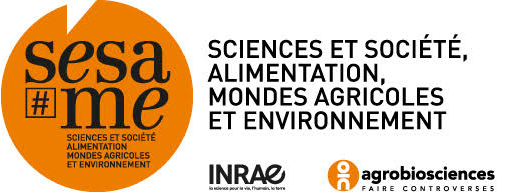Document type: Report from the European Pigmeat Reflection Group
Author: European Pigmeat Reflection Group
Preview: In the (Agriculture and Fisheries) Council of the European Union on 21 February 2022, the Commissioner for Agriculture announced the creation of a European Pigmeat Reflection Group to look into the future of the sector. The main aim was to have an-depth insight into all aspects of the sector with a particular view to its sustainability. [...]The European Pigmeat Reflection Group took the form of joint meetings of the Civil Dialogue Group for Animal Products (Section Pigmeat) gathering stakeholders from 20 different organisations, and of the Expert Group of the Common Organisation of Agricultural Markets (Section Animal Products) gathering national experts from all 27 EU Member States. Its task was to review all aspects of the pigmeat sector from its socio-economic dynamics to the sector's environmental and climate challenges, as well as animal health and welfare considerations. [...]Recommendations of the European Pigmeat Reflection Group [...]Animal welfare
EU animal welfare standards are among the highest worldwide. Nevertheless, EU citizens are increasingly concerned about the way animals are kept, transported and slaughtered. Castration of piglets, housing conditions of sows and ending the practice of tail-docking of pigs are some of the key challenges for the sector. Good animal welfare is not only a growing demand from a concerned society; it is also basic condition for economically viable farming. The pig sector very well understand the demands of society and is looking into practical solutions together with authorities and scientists. Pigs are intelligent animals with innate behavioural needs that must be satisfied in order to ensure they experience good health and good welfare and a positive life experience. They also need attention and care from well trained people - be it on the farm, during transport or in the slaughterhouse. The availability of competent staff, ready to work with pigs, is an increasing challenge, also from an animal welfare perspective.
As part of its Farm to Fork Strategy, the Commission has already committed to propose a revision of the animal welfare legislation. All stakeholders are committed to participate in this process.
Aspects to be considered include lower density, later weaning, lower prolificacy of sows and greater longevity, enough space allowing physical exercise, access to fresh outside air, physical and thermal comfort, climatic stimulation, adequate enrichment material, feeding taking more into account physiological and behavioural needs, etc.
On animal welfare, the Reflection Group recommends:
- Implementing all available tools, including interventions under the CAP, to improve animal welfare for pigs with livestock-friendly management practices;
- Maintaining a science-based approach in all regulatory steps related to improvement of animal welfare;
- Supporting action, including research, to develop and implement systems with a high level of animal welfare, respecting the behavioural needs of pigs and reducing antibiotics use;
- Promoting EU animal welfare standards in international fora and in particular within the framework of free trade agreements




